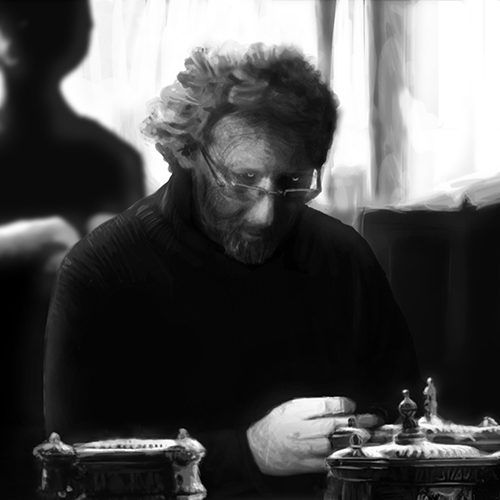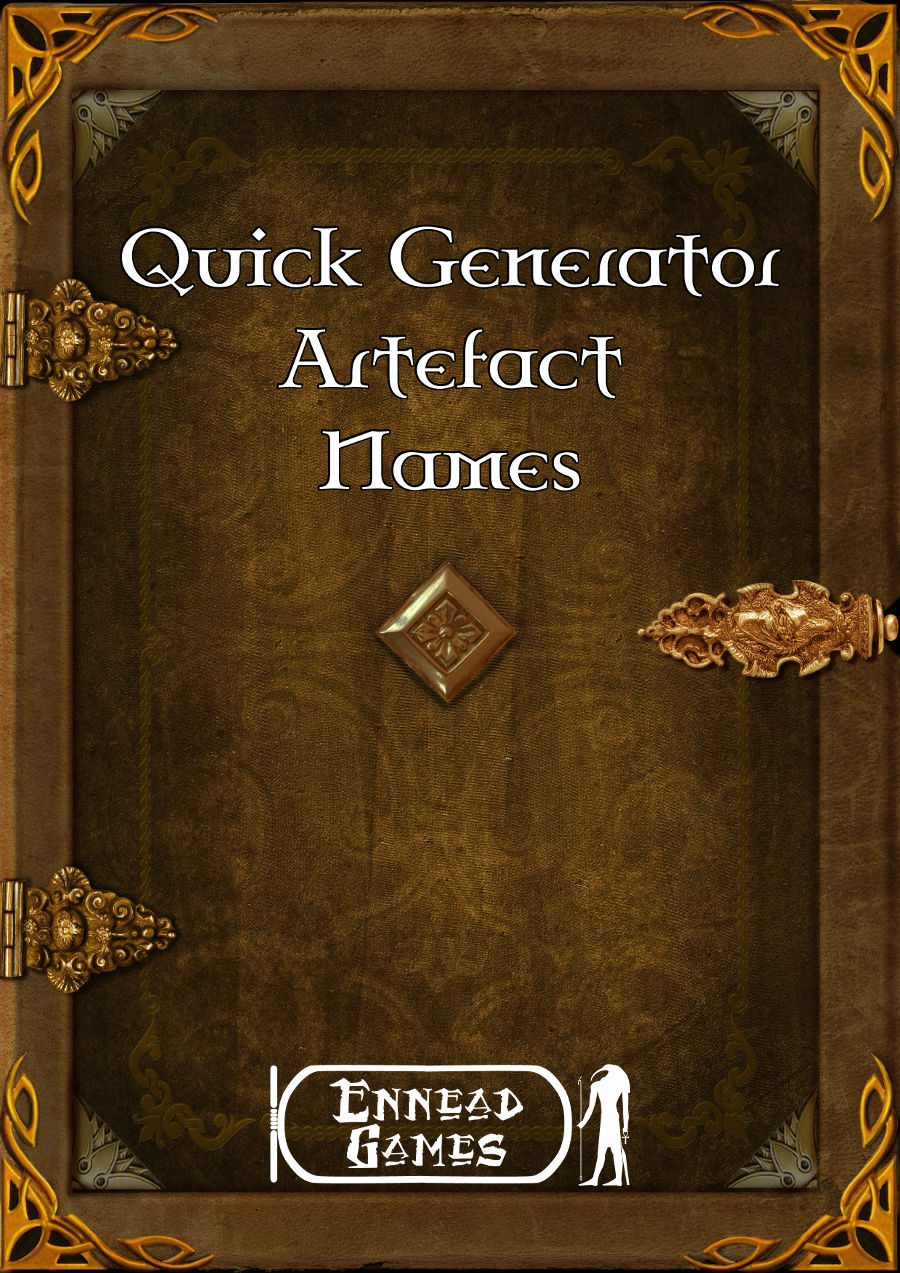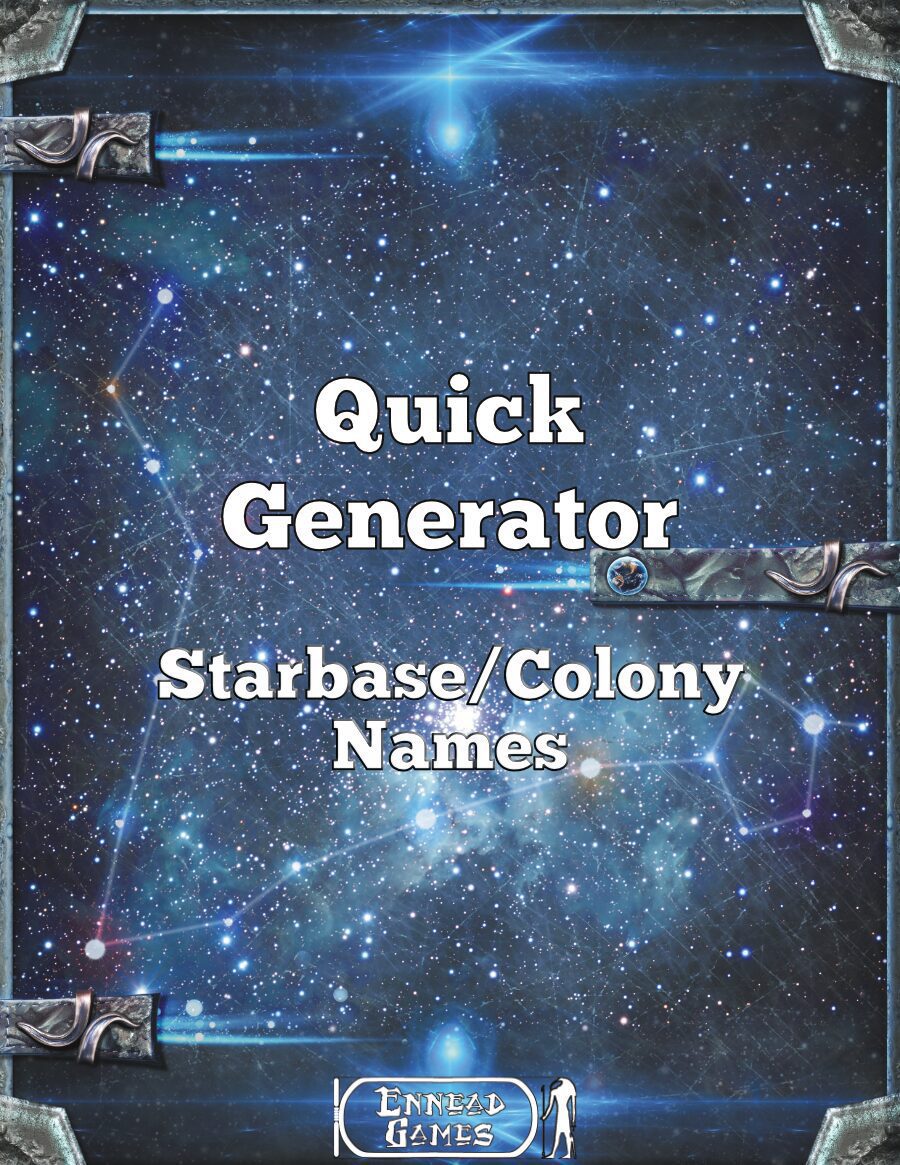
Phil Nicholls blogs at Tales of a GM, where he writes about narrative gaming, faster prep and more story. He is currently running a HeroQuest Glorantha campaign in a home-brew setting. Phil has written for Johnn Four’s Roleplaying Tips newsletter and has a selection of self-published pdfs.
This essay is taken from the archives at Tales of a GM. http://talesofagm.com/
The Social Contract
Following on from the unfortunate in-game events that brought one campaign to a screeching halt, my thoughts returned to the issue of a Social Contract. In the hope of avoiding another game breaking down due to a conflict of expectations, I start each cycle of the campaign with a discussion of our Social Contract.
Our Way to Play
Every group is different, and every Social Contract needs to cover different topics. Here is ours.
One main purpose of the contract is to outline for the Players the style of game they can expect from the GM. Thus, our contract emphasises the narrative nature of the game I run. Yours may well stress another play style. What matters is that the discussion makes clear to the Players the type of game they can expect, the sorts of behaviours you expect, and what is unacceptable.
Our Text
- Type of Game
- Narrative
- There is always another way, not just violence, explore the possibilities of HQ
- Game setting will push back hard at murder hoboes!
- Heroes cannot always win, so judge situations accordingly
- Plot can twist and turn, I am looking at emulating TV series, and as such there can be shifts in focus, plot, etc.
- Story trumps rules, and, well, just about everything
- A game about characters, not their stuff, or their wealth
- Much of the game is improvised ahead of the Players, so move slowly through new areas & be aware that sometimes I really am just making it up as I go along
- There is always scope for Player input, within some limitations, so improvise too
- Game about Heroes
- Flawed Heroes, perhaps, but need to be broadly good
- So rogues possible, but evil behaviours are not appropriate
- Rules
- HeroQuest Glorantha, as modified by the extensive House Rules
- Flexible & ongoing rules development, so are thus subject to change with little notice
- Interweave other rules systems as interludes
- Schedule
- Weekly on Saturdays
- Skip one week per month, arranged in advance
- Only play with 2+ Players
- Player behaviours
- Game needs to be fun for all, including the GM
- Tolerance is key
- To allow the spotlight to shift
- Accommodate & accept different play styles
- Occasional Inter-Party conflict is acceptable
- Drama comes from conflict, so conflict between the Heroes can lead to dramatic sessions
- Be aware this is a slippery slope, so handle with extreme care
- This should not be a frequent event, but there is no reason why the Heroes cannot disagree and have heated discussions
- However, violence between Heroes is not the focus and will be dealt with swiftly, allowing the story to move on
- Avoid racism, sexism & other views likely to cause offence in real life
- Avoid lampooning the racial traits of fantasy creatures, as this way lies Monty Python
- Acceptable to attack in-game cultures, without attacking a Player
- Please try to bring dice and pencils to every game, I manage to haul in everything else
- Away from the Table
- Homework
- Minimum is the session summary on the blog & perhaps skimming through the printout at the start of a Session
- Message the GM at least once a month with feedback or encouragement
- Changing Plans
- Heading off in a fresh direction at the start of a Session will create additional GM stress and result in wild improvisation, so please avoid where we can
Player Input
This is a GROUP contract, and not just a dictation from the GM. So, during the discussion with the Players, be sure to ask for their input. The intention is to reach a consensus about the style and boundaries of the game you play together.
Some areas of the contract, such as the style of game the GM is prepared to run, will be open to less debate than others. It is important to find the common ground that everyone agrees upon. However, if no agreement can be found, then it would be better to change the composition of the group than to sign up to something that is not going to be fun.
This is not an easy thing to deal with, and many people might be tempted to agree regardless of their reservations. This is especially true for the GM, who has to put in a lot of effort to run a game, and thus needs to be happy with the broad parameters of the game. Yet, this is only storing up problems for the future.
Dissatisfaction with the style of a game may not disrupt a short game. For a long campaign, however, then this will only cause problems further down the line. The hard truth, is that if a compromise cannot be hammered out at this stage of the process, then it really is better to change the composition of the group, or decide to play something else. The alternative is likely to be heartache, frustration and broken friendships when the inevitable clash of personalities happens.
Conclusion
Roleplaying games can be an emotional experience. In-game disputes can easily spread to out of game relationships. Do not set yourselves up for a fall. Early intervention can prevent things spiralling out of control and friendships dissolving in resentment and animosity.
You have been warned.
So what is your experience of Social Contracts at the table? Share your thoughts in the comments.
Happy Gaming
Phil
For more essays from Phil, and updates about his latest campaign, visit Tales of a GM.




One thought on “[Guest] – The Social Contract”
Comments are closed.